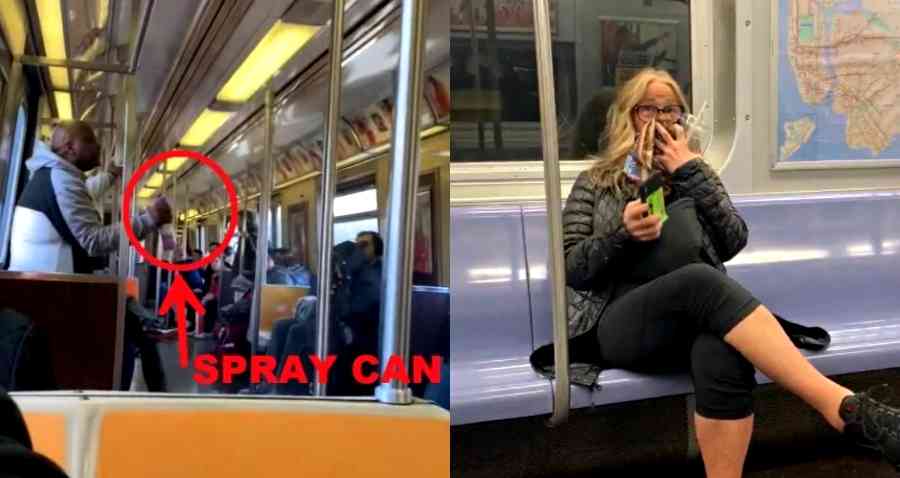U.S. May Spend ‘Up to $200K’ to Research Coronavirus Discrimination Against Chinese Americans



By Carl Samson
March 6, 2020
A study on COVID-19 related discrimination against Chinese Americans is now underway with funding from the U.S. government.
Researchers from the University of Maryland, Baltimore County (UMBC) and University of Maryland, College Park (UMD) received a Rapid Response Research (RAPID) grant from the National Science Foundation (NSF) to conduct their study, which will focus on experiences with discrimination and their impacts.
The study, titled “RAPID: Influences of the Coronavirus (COVID-19) Outbreak on Racial Discrimination, Identity Development and Socialization,” received one of the first RAPID research grants related to the COVID-19 outbreak.
A RAPID study is proposed when there is “a severe urgency with regard to availability of, or access to, data, facilities or specialized equipment, including quick-response research on natural or anthropogenic disasters and similar unanticipated events.”

The study is led by Charissa Cheah, a professor of psychology at UMBC. She is joined by Shimei Pan, assistant professor of information systems at UMBC, and Cixin Wang, assistant professor of school psychology in the department of counseling, higher education and special education at UMD.
The researchers will study forms of racial and ethnic discrimination experienced by Chinese American individuals, families and communities amid the COVID-19 outbreak. They will also examine the impacts of such experiences through surveys and focus groups.

Cheah and Wang, who will focus on such impacts, will conduct follow-up research six to nine months later to find out how parents have helped their children. These may include socialization methods and coping strategies in response to the discrimination they had experienced.
“The negative impact of infectious diseases on psychological health is understudied but highly significant, especially for minority groups linked to the disease through social group categorization,” said Cheah, according to a press release. “The results from this study will significantly contribute to our understanding of risk and resilience processes among parents and children under conditions of an acute but prolonged health and social threat.”
Wang added, “We aim to study the unfolding outbreak and related discrimination against Chinese Americans and other Asian populations to identify specific ways to promote resilience and support children and families during this challenging time. The results can also help us be better prepared for future epidemics like this.”

Meanwhile, Pan will lead the analysis of outbreak-related public opinion by going through Twitter posts beginning late 2019, when COVID-19 first erupted. She will focus on understanding changes in such opinions as the outbreak intensifies or slows.
“This research is personally meaningful to me, as a Chinese American. I am aware of the related events and sentiments expressed in the news,” Pan shared. “As a parent to a Chinese American teenage son, I wonder how this experience will influence his identity formation now and as an adult. The work that we are doing through this RAPID grant will have a lasting impact that can help in future public health emergencies.”
The amount of funding the researchers received is unclear, but a letter from the NSF’s director, Dr. France A. Córdova, stated, “Requests for RAPID proposals may be for up to $200K and up to one year in duration. Well-justified proposals that exceed these limits may be entertained.”
Feature Images via the University of Maryland, Baltimore County (center, left) and the University of Maryland, College Park (right)
Share this Article
Share this Article